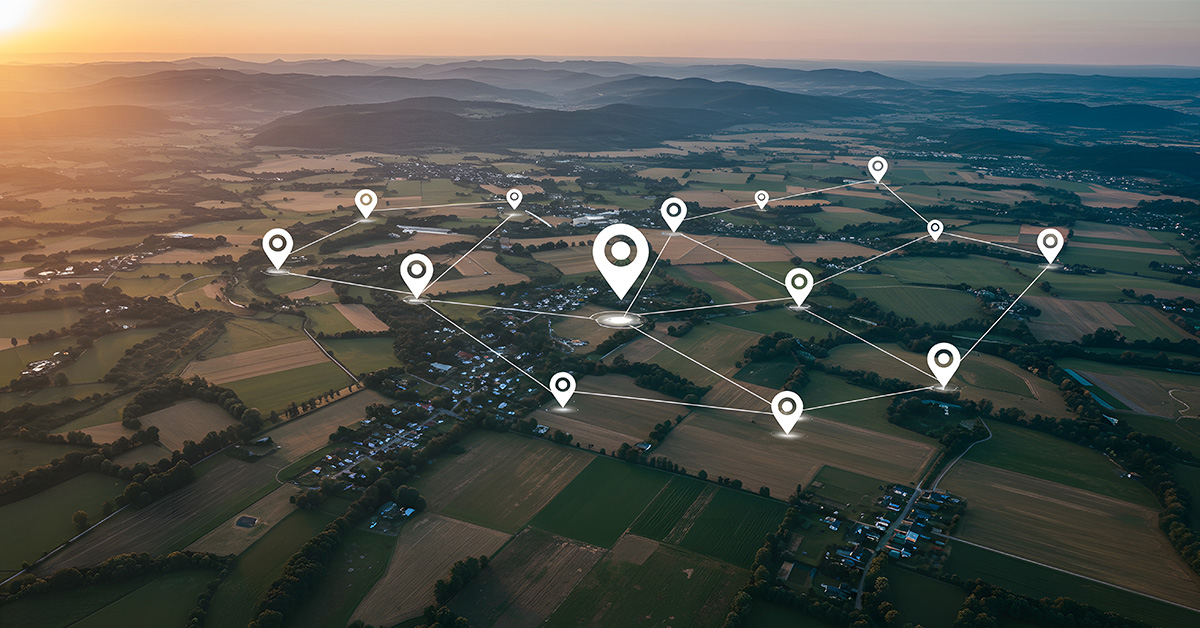In a world where digital transformation is redefining governance and corporate accountability, the need for an effective grievance management system has never been greater. According to the World Justice Project, nearly two-thirds of the global population face some form of injustice annually, with over 1.5 billion people unable to resolve their disputes adequately. The United Nations estimates that corruption costs the global economy $3.6 trillion annually, with a significant portion attributed to inefficiencies in grievance redressal. In Africa, where economic growth and digital inclusion are accelerating, over 80% of citizens experience some form of service delivery failure, and nearly 60% of workplace grievances go unreported due to a lack of trust in existing systems. The absence of a structured and efficient grievance resolution framework has led to lost productivity, social unrest, and eroded trust in institutions. The introduction of an Integrated Grievance Management System (IGMS) can be a game-changer, providing a streamlined, technology-driven solution that empowers both citizens and businesses.

Challenges in Africa’s Dispute Resolution Landscape
Africa’s diverse socio-political landscape presents unique challenges in dispute resolution. From labor conflicts in South Africa’s mining industry to land disputes in Kenya and service delivery complaints in Nigeria, the continent is rife with cases where inadequate grievance mechanisms delay justice. Traditional redressal methods, reliant on bureaucracy and manual documentation, often result in backlogs, corruption, and frustration among complainants. An IGMS, leveraging digital platforms, artificial intelligence, and data analytics, can provide a structured approach to handling grievances by ensuring transparency, traceability, and timely resolution.
How IGMS Enhances Efficiency and Accountability
A well-implemented IGMS integrates multiple stakeholders, including government agencies, corporate entities, and civil society, into a single digital ecosystem. Citizens can register complaints through mobile applications, web portals, or SMS services, ensuring accessibility even in remote areas with limited internet penetration. Governments can use machine learning algorithms to categorize grievances, prioritize urgent cases, and identify systemic issues that need policy intervention. By ensuring that all grievances are tracked from submission to resolution, such a system significantly enhances accountability and reduces corruption, as every action taken within the system is recorded and auditable.
The Broader Impact of IGMS on Governance and Business
The impact of an IGMS extends beyond resolving individual complaints. Data-driven grievance management enables policymakers to identify recurring issues, which can inform strategic decisions and improve service delivery. For example, if an IGMS reveals that a particular region receives a high number of complaints about water shortages, authorities can prioritize infrastructure investments accordingly. Additionally, in the corporate sector, companies can utilize IGMS to effectively manage employee grievances, thereby fostering a culture of workplace fairness and compliance with labor laws. Multinational corporations operating in Africa can also use such systems to address local community concerns, ensuring they adhere to environmental, social, and governance (ESG) principles.
Successful IGMS Implementations in Africa
Several African nations have already started recognizing the potential of digital grievance management. Rwanda’s Irembo platform, initially designed for e-government services, is being adapted to facilitate the resolution of public grievances. In Kenya, the Huduma initiative incorporates complaint resolution as part of its citizen service centers. These examples highlight the continent’s readiness to embrace digital solutions, and the integration of AI-driven IGMS can further elevate governance and business accountability. Moreover, international organizations like the World Bank and the African Union have advocated for robust grievance redressal mechanisms to ensure fair governance and social justice, aligning with global best practices.

IGMS as a Catalyst for Social and Economic Growth
An Integrated Grievance Management System is not just a technological solution; it is a tool for social empowerment, economic efficiency, and institutional integrity. As Africa continues to digitalize, embracing IGMS can drive a cultural shift in how grievances are perceived and handled. By reducing bureaucratic delays, enhancing transparency, and ensuring fair resolution, such systems can significantly contribute to economic growth and social stability. In the broader global landscape, Africa's adoption of digital grievance redressal can serve as a model for other developing regions facing similar challenges, showcasing the continent’s leadership in innovative governance.
CSM Tech developed a one-stop grievance resolution portal in Odisha named Jana Sunani. To enhance citizen experiences, this unified portal consolidates grievances from all channels, including letters, calls, SMS, the CM Grievance Cell, social media, and the erstwhile e-Ahijog. The seamless grievance management process aligns well with the state government’s 5T governance paradigm, which encompasses technology, transparency, teamwork, transformation, and time.


























































We will verify and publish your comment soon.